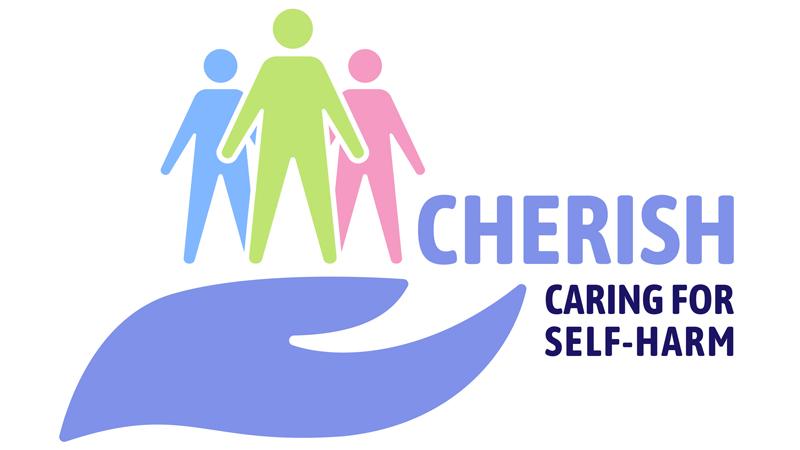In response to findings that supporters of student mental health sufferers need more support themselves, researchers from the University of Westminster have launched the CHERISH website in the lead up to World Mental Health Day on 10 October to provide resources for those supporting university students who self-harm.

Researchers from the University of Westminster researching wellbeing and self-harm have identified a stark absence of guidance and resources available for supporters of university students suffering with mental health difficulties and self-harm, and the risks this poses.
The revelation comes while pressure is mounting on individuals taking on support roles amid deteriorating mental health levels, significantly reduced mental health provision, and increased isolation due to the COVID-19 pandemic.
The research team interviewed individuals who have been involved in providing support to university students who self-harm, including professionals, friends and family members.
Previous research indicates that one in four students experience mental health difficulties during their time at university. The new research from the University of Westminster has found that many students also have experience of providing support for the mental health and well-being of fellow students, including those with experience of self-harm. It is crucial for supporters to have access to information and resources in order to feel supported themselves when caring for the wellbeing of others. Participants indicated that effective and tailored support could be helpful in reducing injury and loss of life, as well as promoting wellbeing and improved mental health.
In response to the findings and to mark World Mental Health Day 2020, the University of Westminster team has created a first-of-its-kind online platform CHERISH, providing much-needed resources for those providing support to university students who have experience with self-harm.
The website has been developed alongside participants with lived experience, including professionals, family and friends, and those with personal experiences of self-harm. It aims to bring together information and resources on self-harm and mental health on one platform, something which participants felt was particularly lacking for them as supporters. The site also provides tips from both the research team and participants, while offering a space to safely explore the emotions and experiences of other supporters and the importance of self-care. CHERISH also aims to nurture community support through encouraging supporters to share their experiences in blog posts.
To mark the launch of the site, CHERISH is holding an official launch week from 5 October in the run up to World Mental Health Day. Materials focusing on a specific area of mental health will be shared each day, with contributions from individuals with a particular interest in this area from the University of Westminster.
Laura Culshaw, Doctoral Researcher in Psychology at the University of Westminster and Research Associate working on the CHERISH project, said: “This research highlights the importance of bringing supporters into the forefront of the mental health conversation and gain access to further guidance to assist them.
“The COVID-19 pandemic has brought about a dangerous mix of declining mental health levels and limited mental health provision opportunities. In particular, we have seen multiple news stories about the impact of this time on students, with fears of being isolated in halls and not able to mix with friends and family. This is likely to increase the amount of support they need, and it is now more important than ever to help supporters feel supported themselves.
“Participants so often mentioned how stressful it can be to try and find information across lots of different platforms, and the challenge of looking after themselves during this time. CHERISH really aims to create a space for all that information to try and aid their journey as someone who provides support, no matter what their level of experience may be. The real message here is that even though you may be supporting someone else, it’s okay for you not to feel okay too. Supporters often carry a lot of guilt about finding things too much and needing time out for themselves, but in order to be able to support someone else, you have to take care of your own well-being.”
An individual, who had supported a family member attending university whilst also having personal experiences of self-harm, said of the CHERISH resource: “Listing useful apps that help you self-support is a great resource. The overall website has a very calming look which helps. I LOVE the emergency button. It makes it easy to get to information in a crisis which, from experience, can be half the battle.”
Funding was awarded to Dr Nina Smyth, Dr Jay-Marie Mackenzie, Dr Tina Cartwright and Laura Culshaw (as Research associate) from Psychology, School of Social Sciences at the University of Westminster, by the Sir Halley Stewart Trust to undertake the research and develop the website.
Find out more about the CHERISH website.
Learn about Psychology courses at the University of Westminster.


